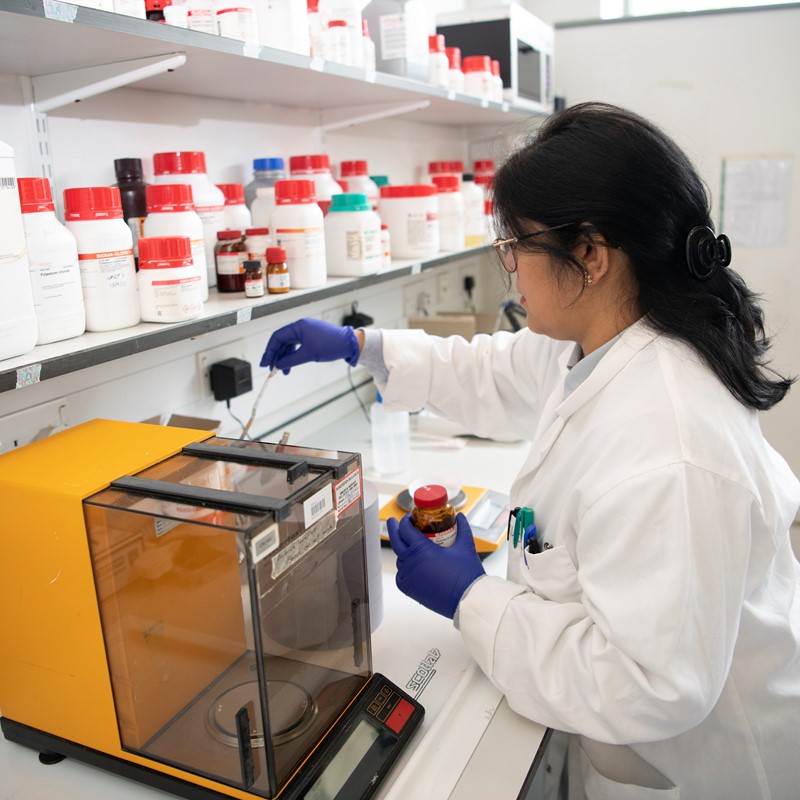Why study Hepatocellular Carcinoma (HCC)?
Liver disease is increasingly common. Viral infections, alcohol excess and rising levels of obesity and type 2 diabetes are partly to blame. All of these increase the risk of developing primary liver cancer, also known as hepatocellular carcinoma (HCC). We believe that our immune system, which helps us fight infections and cancers, is suppressed in people with liver disease. This increases the chance of people affected by liver disease developing liver cancer. It also increases the likelihood of treatment for the cancer being resisted and the cancer returning afterwards.
What do we hope to find?
If we could understand how to switch the immune system back on, we could improve responses to treatments for liver cancer. There is a new class of anti-cancer ‘immunotherapies’ which do just that. But early studies suggest that these only work for about 15-20% of people.
We want to work out why some people respond to treatments and some people don’t, so that we can convert ‘non-responders’ into responders.
HUNTER Clinical Trial
We want to record information about patients with liver disease and compare this to similar patients with primary liver cancer (HCC). Patients who consent to take part in the study will donate blood samples, answer questions about them and their health, and donate "leftover" liver samples following standard-care procedures. Our team of academic experts will then study all of the data which will lead to a greater understanding of HCC, and will inform future research.
HUNTER Partners
HUNTER is a collaboration of 11 Universities from the UK, Spain and Italy funded through a partnership between Cancer Research UK, Fondazione AIRC and Fundación Científica de la Asociacion Española Contra el Cáncer.
What progress have we made?
HUNTER started recruiting in 2019 with the aim of recruiting 1000 patients and 500 relevant controls over 6 years. The COVID pandemic hampered recruitment efforts and to date we have recruited nearly 700 patients (over half of our target for patients and a good percentage of controls). We have nine sites participating in recruitment and sample collection (Newcastle, Royal Free, Birmingham, Southampton, King’s College, Glasgow, Clatterbridge, Imperial College, and the Christie). The recruited HCC patients have had treatment with a range of therapies with 224 receiving locoregional therapies and 122 with medical therapies (86 receiving Atezo/Bev).


Clinical Trial Frequently Asked Questions
What is an observational clinical trail?
Research studies involving people are called clinical trials. The are 2 main types of clinical trial.
Interventional trials aim to find out more about a particular treatment. People taking part are put into treatment groups and the research team compare the results between groups.
Observational studies aim to find out what happens to people in different situations. The research team observe the people taking part without changing what treatments people have. HUNTER is an observational trial therefore participating will not change the standard of care.
You can find out more about different types of clinical trails here.
To participate in HUNTER you must be under the care of a clinician at one of the participating sites. Your clinical team will be able to advise if you fit the inclusion criteria.
What happens to the samples you collect?
Samples will either be used in experiments straight away, or they may be stored to use in experiments in the future. This is all carried out according to protocols approved by the Research Ethics Committee.
You can read more about the ongoing research here
When will you know the results?
The HUNTER clinical trial will close in 2023. It can take several years to analyse all the data...
The results may be presented at scientific meetings and published in scientific journals. Your name or any other details that may identify you will not be used in any publications. If you wish to receive copies of any published results, please contact us.
What will happen to me if I take part in the HUNTER study?
The study involves you giving consent for some extra blood (about two ‐ three tablespoons) to be taken at the same time as routine blood samples. These may be taken during outpatient clinic visits as well as before and after investigations or treatments on the liver, surgical or oncology wards. You could also be asked for extra samples (at the same time as routine samples) at your follow up appointments.
In addition we may collect left over tissue from your liver after a liver biopsy or a liver operation. (This would not involve any extra procedure on you). After the study is finished we’d like to keep your samples for use in future studies. We will record information about you such as your name, age, gender, your liver function and stage of disease, any procedures you undergo, details of the treatment you receive, as well as how you respond to the treatment.
Who is organising and funding the clinical trial?
The study is being organised by Newcastle University, funded through a partnership between Cancer Research UK, Fondazione AIRC and Fundación Científica de la Asociacion Española Contra el Cáncer, and sponsored by the Newcastle upon Tyne Hospitals NHS Foundation Trust.
Click here to learn more about our research:


